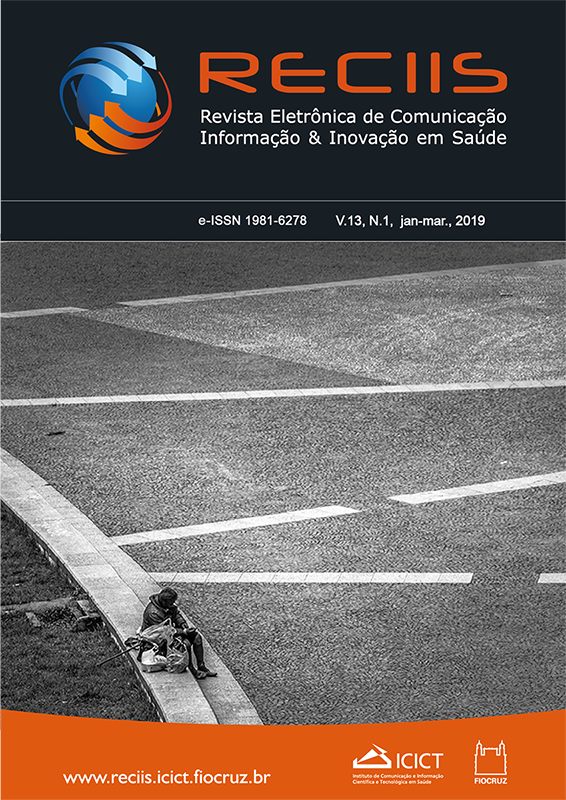Long-distance learning as a resource for capacity of Community Health Agents on preventive interventions related to alcohol and other drugs
DOI:
https://doi.org/10.29397/reciis.v13i1.1593Keywords:
Community health workers, Education, distance, Mentoring, Mental health, Family health, Substance-related disorders.Abstract
ABSTRACT
The Community Health Workers are one of the strategic agents in the work of Primary Care, because they live more directly with health issues in the territory, considering that the problems related to the use of alcohol and other drugs require investment focused on the qualification of health professional. Therefore, this article aimed to report the experience of the Capacity Course of Community Health Agents towards preventive actions from alcohol and other drugs, conducted in the modality of self-instructional distance learning, with tutorial accompaniment. The use of technological tools, besides the articulation with the service network and tutorial accompaniment, proved to be a powerful resource for the development of permanent education in service, in which tutoring was a differential in the enrollment and interest of these professionals in the course, in a way that allows the acquisition of concepts and health strategies to better answer the users needs, according to the prerogatives of the Unified Health System and the psychosocial care model.
Downloads
Published
How to Cite
Issue
Section
License
Author’s rights: The author retains unrestricted rights over his work.
Rights to reuse: Reciis adopts the Creative Commons License, CC BY-NC non-commercial attribution according to the Policy on Open Access to Knowledge by Oswaldo Cruz Foundation. With this license, access, download, copy, print, share, reuse, and distribution of articles is allowed, provided that it is for non-commercial use and with source citation, granting proper authorship credits and reference to Reciis. In such cases, no permission is required from the authors or editors.
Rights of authors’s deposit / self-archiving: The authors are encouraged to deposit the published version, along with the link of their article in Reciis, in institutional repositories.












